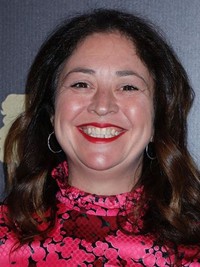Liz Garbus

From the very beginnings of her career as a documentarian, Liz Garbus devoted herself to telling hard-hitting stories about subjects that didn't often earn the big screen treatment. After graduating from Brown University in 1992, Garbus made her filmmaking debut with "The Farm: Angola, USA" (1998), which debuted at the Sundance Film Festival and earned the rare distinction of being nominated at both the following year's Oscar and Emmy ceremonies; the film won two Emmys recognizing its cinematography and editing. Garbus found further success directing and producing documentaries like "Different Moms" (1999), "The Execution of Wanda Jean" (2002), and "The Nazi Officer's Wife" (2003), and "Girlhood" (2003). The latter aimed to expose the seldom-seen inside world of the American penitentiary system from the perspective of two young female inmates. As her career continued, Garbus began collaborating more and more with other artists, co-directing "Yo soy Boricua, pa'que tu lo sepas!" (2006) with actor Rosie Perez and producing director Rory Kennedy's documentary "Ghosts of Abu Ghraib" (2007). Garbus earned especial acclaim for "Bobby Fischer Against the World" (2011), a film that illustrated the occupational journey of the titular chess prodigy. She turned her eye to the talents of music legend Nina Simone for "What Happened, Miss Simone?" (2015), which earned Garbus her first Oscar nomination for Best Documentary Feature since her film debut.